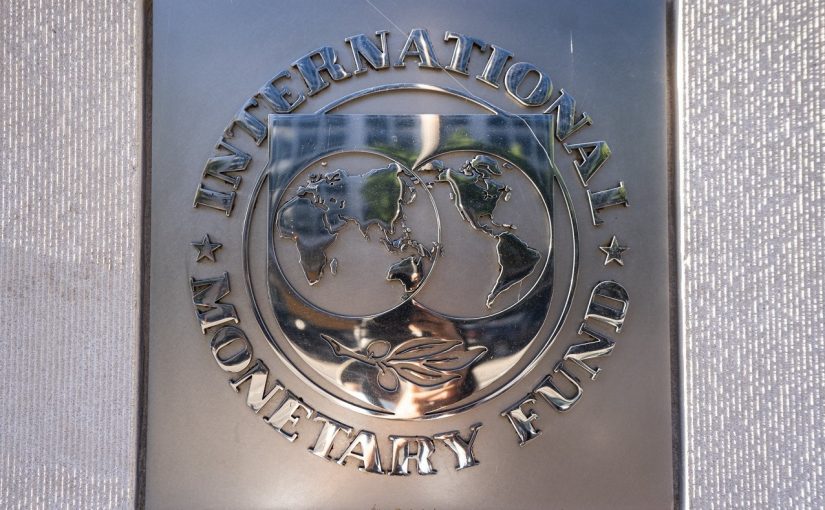Mozambique: Deflation of 0.38% in April
Mozambique: Public wage bill must be ‘brought down’ – IMF

File photo: Lusa
The International Monetary Fund (IMF) expects the Mozambican economy to grow by 5% this year, but notes that “fiscal performance in 2022 was weaker than expected,” State revenues were lower than anticipated and warns that the civil service wage bill has to be reduced to guarantee fiscal sustainability.
In a statement issued over the weekend after a team from the organisation visited Mozambique from April 24 to May 5, the IMF states that, in relation to the civil service salaries . “the government has already undertaken several measures towards correcting the wage bill slippage”.
READ: IMF staff concludes visit to Mozambique
“Mozambique’s economic recovery has gained momentum” with the sectors most impacted by Covid-19 (hospitality, transport, and communications) rebounding, and land and agriculture benefitting from “favourable rainfalls”.
“Growth in 2022 stood at 4.1% and is projected to rise to 5% in 2023,” the IMF statement reads, noting that “the pick-up in growth is partly driven by extractive industries, including the first LNG project (Coral South), which began production in October, 2022”.
For the IMF, inflation “has been moderate (9.3% in March, 2023), reflecting static fuel prices and lower-than-expected second-round effects of food and fuel price increases”, and the exchange rate is “stable”.
“Fiscal performance in 2022 was weaker than expected, with the primary deficit (after grants) about ½ percent of GDP above projected target—reflecting a significant overrun (of 3 percent of GDP) in the cost of implementing the wage bill reform,” the communiqué details. “Lower spending on other goods and services offset part of the wage bill overshoot, such that total current expenditure exceeded projections by about 1 percent of GDP;” it adds.
“Revenue was about 1 percent of GDP lower than planned, reflecting lower than expected taxes on goods and services (especially VAT),” the IMF says.
“The government has already undertaken several measures towards correcting the wage bill slippages, including changes to the reference wage and salary supplements, and auditing the process of mapping public employees from their original salary level to their new salary level,” it notes.
The IMF staff, therefore “encourages the government to proceed with additional measures to reduce the annual wage bill to its approved budget level”.
“Ensuring that the public wage bill is brought down is critical for safeguarding fiscal and macro sustainability,” the IMF points out.













Leave a Reply
Be the First to Comment!
You must be logged in to post a comment.
You must be logged in to post a comment.